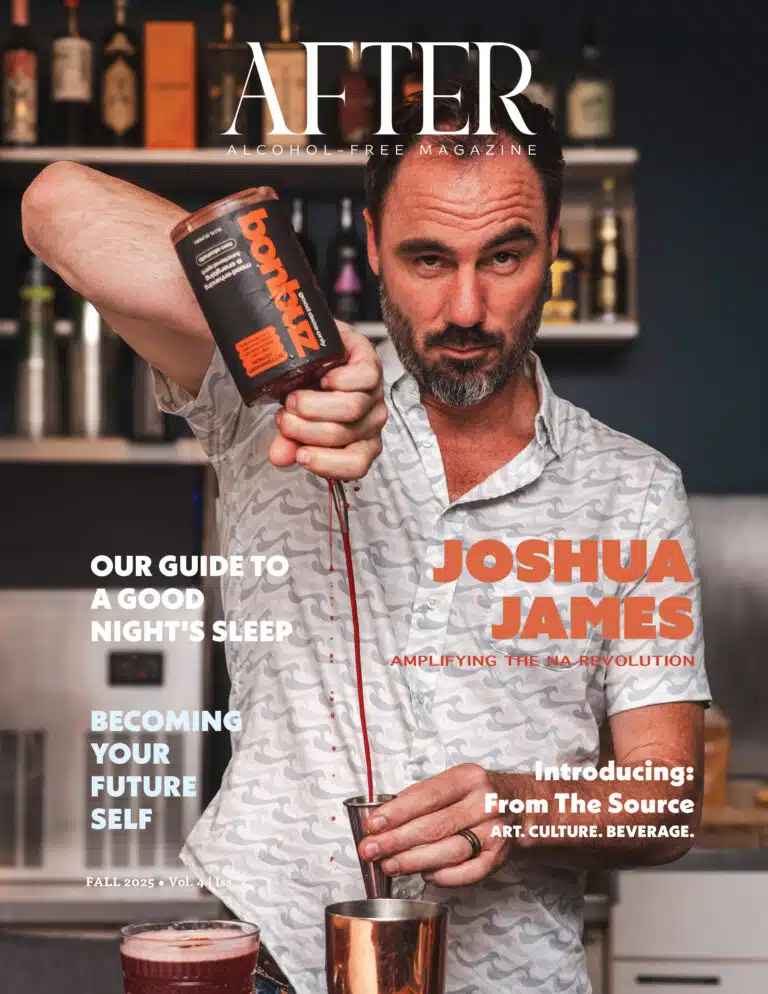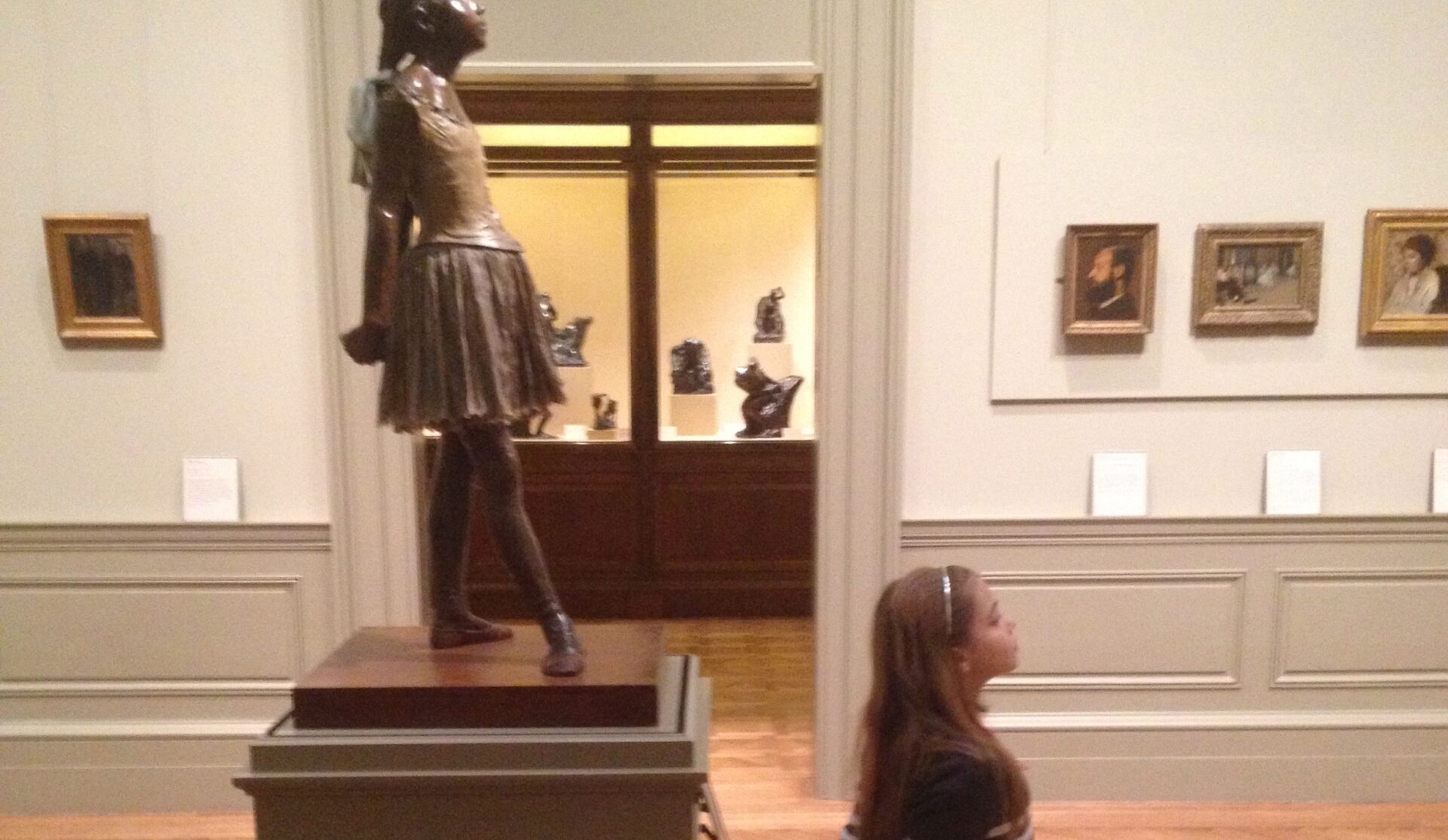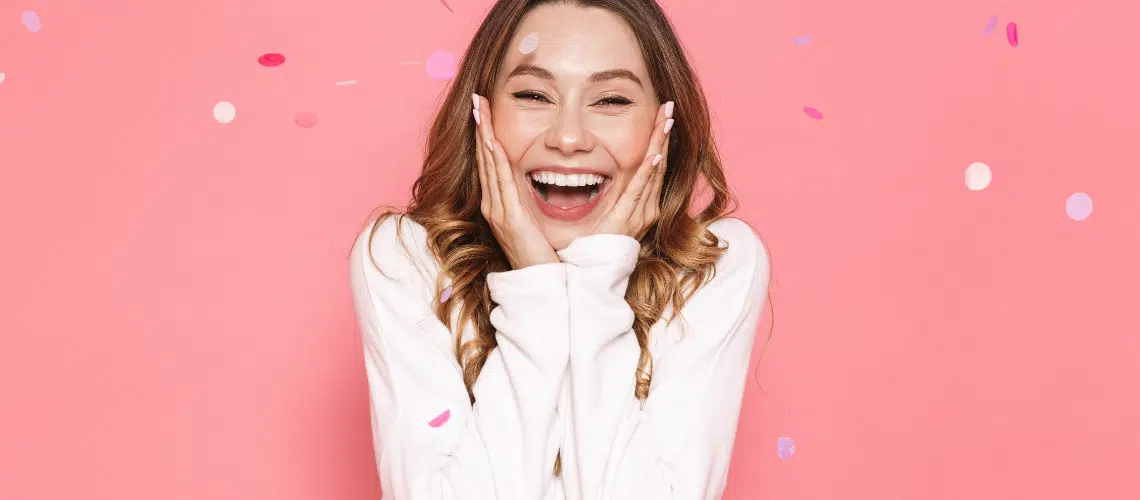As our kids dug holes, flew kites and ate sand, a close friend paused at a point in our conversation, sidled a little closer to me on our shared towel and lowered his voice a bit while leveling his eyes. “How are you?” he asked. Emphasis his.
This was the first time I had seen this specific friend in-person since very publicly observing the one-year anniversary of my sobriety on Facebook and Instagram. He omitted the words, but what he was actually asking was, “How is living life now that you’re sober?”
In this moment the question might’ve been awkward, but it wasn’t. I felt good, and I was among friends—friends who knew me well before I got clean, and, gratefully, who I love, and who I know love me back. Nothing said on that towel was going to change that fact.
We were also on a beach and I was drinking a very cold lemon La Croix. Our kids were meeting and enjoying each other’s company for the first time. The sun was hot, but the water cold. I had applied sunscreen to my children in such a way that the chances of a week-ruining burn were blessedly remote. The moment’s simple pleasures were a balm to my wobbling soul.
That he knew about my sobriety also helped prevent any awkwardness; I didn’t have to explain the bigger details to him. He was already familiar.
But the most important factor buoying my comfort level in that moment was the fact that, sixteen months into my sobriety, I could honestly say I had reached a point where I felt comfortable with myself and with who I was as a sober social being.
A Social Lubricant
There are lots of reasons—both chemical and cultural—why alcohol is inextricably linked to social behavior. Ads for alcohol (on which $2 billion are spent annually in the U.S. alone) don’t instruct consumers to drink their products at home, alone, preferably in the basement and in secret; the ads aspire to help drinkers “make it count,” where “it” might be a night out with friends, the drink itself or life as a whole. The message is always tied to how this particular beverage is a prerequisite for creating something memorable shared between you and others. It invites audiences to be a part of something, even though—let’s be honest—drinking alone and in secret is how a lot of alcohol gets consumed.
Evolutionarily speaking, we should probably be grateful for alcohol’s undeniable social benefits; the drunk apes beat the sober ones after all.(1) Alcohol erodes barriers to conversations and creates a shortcut to connection and collaboration. In the past, this meant, “If we work together, we can hunt and gather more than we would otherwise.” Today it might be, “Let’s go get pizza after this!” but the point is all the same—alcohol reduces the distance between an idea and collective action on that idea.
For these reasons, it’s easy to see why a lot of people might feel a bit lost when they’re first out in public after choosing sobriety. If alcohol was the never-ending circular breath that fueled your social life, its absence is going to have an impact, whether it’s at a work happy hour, a night out with friends, or a family holiday get-together.
Every reason for not drinking is valid, but the specific details of every new non-drinker’s journey toward a new social self will vary widely according to their personality type, their friends’ and family’s level of support or opinions, and their own reasons for getting sober in the first place. The journey of an alcoholic emerging from the ashes of rock bottom to a new social standard will look different than that of someone who is laying off booze for the weekend.
Still, there are similarities in these journeys—recognizable phases on the path of the newly sober. Using my own unscientific experience, I’ve identified four of these phases: Paralysis, Imitation, Actual Normality and the Promised Land.
Phase 1: Paralysis
Phase 3: Actual Normality
But the truth is that you probably weren’t very good at it beforehand.
When I was drinking I presented myself as the bar mayor—the social nucleus of whatever room I was in; someone who always wanted to take things to the next level, because that was what it meant to have fun and enjoy life. In reality, and especially toward the end of my drinking life, I was actually just the royal fool. It wasn’t cute to always order a double, or to always be the one to suggest that now was an appropriate time for shots. What I remembered in the early light of morning as being memorably social, or funny or fun, was, in reality, inappropriate at best and sad at worst.
Even those new non-drinkers that weren’t town drunks will have to confront the fact that their new social selves will necessarily be different than what they were before. They might give up on being the clown, and cut a less ostentatious, but still enjoyable social figure. They might want to be funnier, or be different than they’ve ever been in their social lives, landing on something radically different than just a virgin version of their drinking social self.
The important thing to know is that you are the one who gets to choose what goes and what stays when you decide to clean house; whatever decisions you make on this front will comprise your new normal social self. For alcoholics, this can be the first meaningful thing they realize is totally in their control. It doesn’t depend on anyone or anything else—your social self is something you get to create and alter so that it suits you best.
Phase 4: The Promised Land
Many who eventually stop drinking alcohol delay their decision to get sober because they fear the cure will be worse than the disease—that alcohol is a necessary part of a fun and happy and productive life, and that removing it would doom them to boredom.
It’s impossible to see when you’re not in it, but one of the many things getting clean allows a person to do is to appreciate the world in a way that’s more intense and real than they might’ve been able to notice before. It sounds trite, but colors are brighter, rest is more satisfying, things taste better. Even sitting—yes just the act of sitting—got better for me after I got clean. My un-addled brain began to notice new details about things that I previously thought I knew a lot about. And so it is in the development of a new social self; you eventually reach a place that seems unfamiliar, take a look around, and realize that it’s much better and more authentic than what you had previously been able to imagine.
This takes time. But, when it happens, it will be something that you created yourself, and that you can be proud of. Happily, it’s also something that other people can recognize and enjoy too.
–




